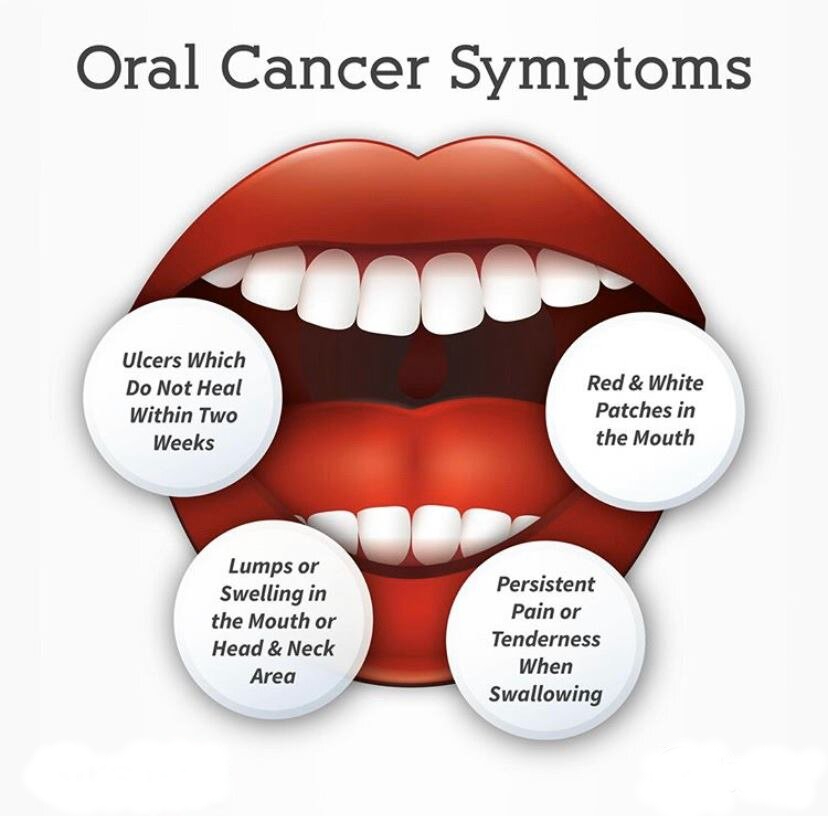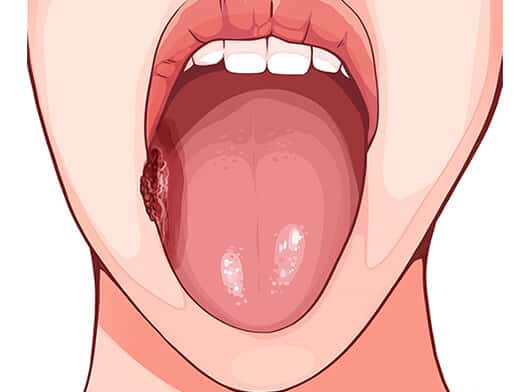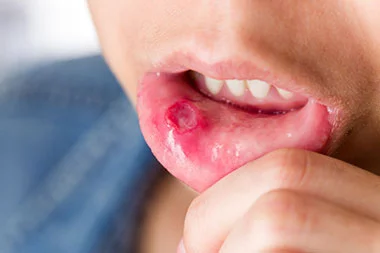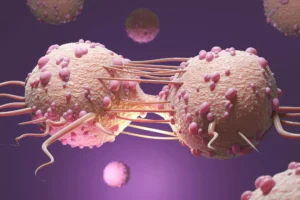Proper checkup at the correct time is essential in differentiating mouth ulcers from oral cancers. Although these two conditions are the same, they differ in treatment. The following is a guide for distinguishing between mouth ulcers and oral cancer, beginning with an overview and then moving into specific contrasts.
Overall Highlight on Ulcers and Cancer
Canker sores or mouth ulcers are non-cancerous ulcerations in the oral cavity mucosa. They are common and, thus, do not often require medical attention. On the contrary, oral cancer refers to malignancies that occur in the throat or mouth that, if not diagnosed early, will lead to death.
Appearance and Characteristics of Mouth Ulcers
These tiny bumps can be inside the mouth, cheeks, lips, tongue, or base of gums. These open sores may take a round shape but are sometimes oval, with white, yellow, or red edges around them. However, eating must be done cautiously because these lesions might be very painful, especially when you drink fluids or brush your teeth with toothpaste. They spontaneously heal within two weeks but can cause problems while taking food or water. Accidentally biting yourself while eating, stress, or depression can result in ulceration as well as alterations in body chemistry, such as a lack of some vitamins like vitamin C.
Appearance and Characteristics of Oral Cancer

There can be growths that do not go away over time due to oral cancer or sores that never heal up completely. It is by rough patches or thickening-like surfaces elsewhere than wherever it could happen alternatively, which ever again develop beyond its confines, unlike mouth blisters that appear for several days and then disappear after some time. The pain increases gradually with progression but does not occur at first. Oral cancers often have irregular edges and vary from red, white, or mixed in color. Some risk factors for developing this form of cancer are tobacco, heavy alcohol intake, HPV infection, excessive sun exposure to lips, and a previous history of mouth cancer.
Critical Differences Between Mouth Ulcers and Oral Cancer
1. Duration and Healing:
Mouth ulcer:
It usually takes 1-2 weeks to recover without any treatment.
Oral Cancer:
Progresses with time when left untreated and never heals naturally on its own.
2. Pain: Ulcers in the mouth are usually painful in the beginning, especially if irritated by touching or when one eats food or drinks. On the other hand, pain in oral cancer may start as a painless swelling or mass that later develops into a painful lump as the disease progresses.
3. Appearance: While mouth ulcers are typically round or oval structures with distinct borders around them, oral cancers can have irregular edges or be multi-colored.
4. Number and Location: Multiple sores inside the mouth may exist, but sometimes just a few. This pathology begins at one point, growing larger before spreading in different directions throughout the oral cavity and the patient’s whole body.
5. Associated Symptoms: In addition to localizing symptoms like bleeding for no reason and numb lips/mouth, among others, these can also cause conditions like discomfort within the throat and swallowing problems.
There may be a perception that something is stuck in the throat, which can lead to significant weight loss as eating might become difficult.
Sores in the mouth that do not heal after the expected time for regular ulcers should always be seen by a healthcare provider or visited if any of the following symptoms occur because they do not come with mouth ulcers.
Early detection of oral cancer has dramatically increased the chances of successful treatment. However, routine visits to a dentist may even be more helpful in identifying any significant changes in oral tissue at an early stage.

How to tell if you have Oral Cancer or Mouth Ulcer?
Because it looks like mouth ulcers during their early stages, we are going to look at some common questions asked by patients wanting to differentiate between two conditions to have a clear understanding of what is being talked about here.
Q1: What’s the primary difference between a mouth ulcer and oral cancer?
Ans: Lips sores usually differ significantly from other ulcerations since they are transient and self-healing within 1-2 weeks. Oral cancer is a malignant growth that progresses without healing naturally.
Q2: How does one differentiate between an oral ulcer and a sore that could be cancerous?
Observe how long it takes before it goes away.
An ulcer in your mouth generally lasts several weeks and is often painful, especially when irritated by eating or brushing. In contrast, an open lesion left behind by oral cancers typically won’t heal, but with time, it may change. It feels like it gets more prominent and even starts hurting later.
Q3: How different does a mouth ulcer appear from oral cancer?
Mouth ulcers are small, round, or oval lesions with white or yellow centers surrounded by red lines. Various forms of these lesions, such as white patches, lumps, and rough areas, can be associated with oral carcinomas, but they usually have irregular margins.
Q4: Are there any symptoms of oral cancer that do not occur with mouth ulcers?
These include unexplained bleeding, numbness or tingling in the mouth, constant pain, difficulty swallowing or chewing, and changing of voice. Sometimes, these signal oral cancer, but sometimes, they don’t since they are common signs associated with a mouth ulcer, such as a swelling on one side of your cheek.
Q5: What should I do if my mouth ulcer doesn’t improve after two weeks?
The sore must heal within two weeks; otherwise, visit a doctor or dentist for further evaluation. Ulcers that persist long beyond their expected time may need to be examined for malignancy or underlying disease.
Q6: Does lifestyle affect the chances of developing oral cancers/mouth ulcers?
Certainly! The way you live can determine if these problems may come up. Smoking also serves to promote oral cancer, as well as excessive alcohol intake and poor nutrition. Moreover, recurrent mouth ulcers have stressful situations, minor mouth injuries, and some kinds of food.







